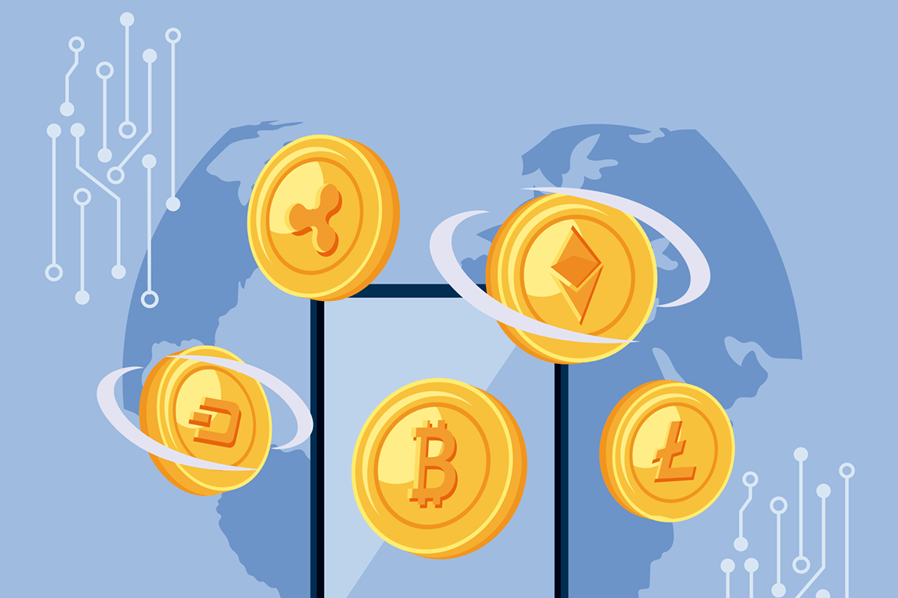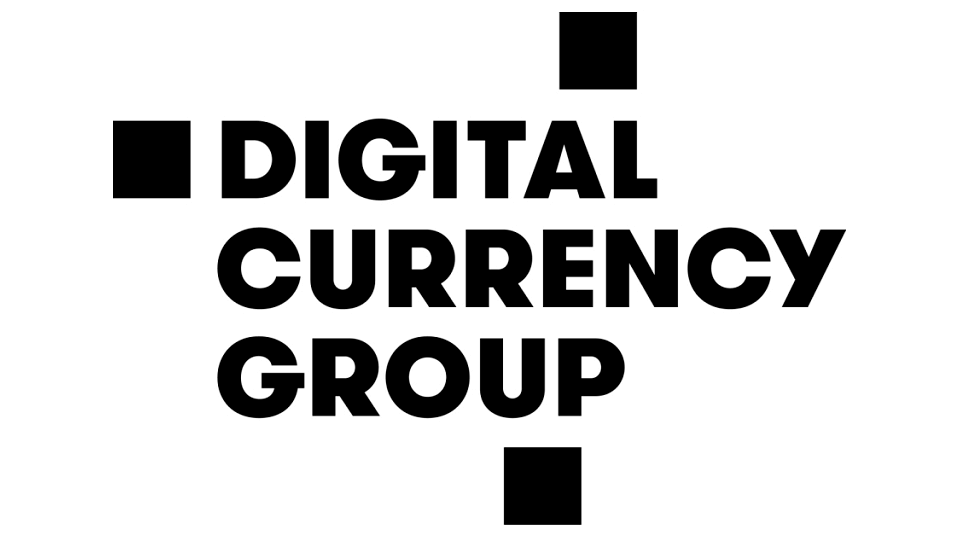DIGITAL CURRENCY
Digital currency represents a form of currency that exists solely in electronic or digital form, devoid of any physical counterpart. It goes by various names, including digital money, electronic money, electronic currency, and cyber cash.
Digital currency operates exclusively in electronic formats, allowing for transactions to occur electronically without the need for physical cash or coins. It is stored and transferred electronically through digital wallets or online banking systems which offers the potential for greater efficiency, accessibility, and security in financial transactions.
However, it also presents various challenges that must be addressed for widespread adoption and acceptance.

What is an example of a digital currency?
Cryptocurrencies are digital or virtual currencies that leverage cryptographic techniques to secure and verify transactions within a decentralized network. These currencies operate independently of any central authority, such as a government or financial institution, and rely on advanced cryptographic algorithms for their functioning.
Examples of Cryptocurrencies
Bitcoin (BTC): Bitcoin is the pioneering cryptocurrency introduced by an anonymous individual or group known as Satoshi Nakamoto in 2009. It operates on a decentralized network called the blockchain and is widely regarded as the first successful implementation of a peer-to-peer digital currency.
Ethereum (ETH): Ethereum is a decentralized platform that enables the creation of smart contracts and decentralized applications (DApps). It features its native cryptocurrency called Ether (ETH) and is renowned for its programmable blockchain, which supports a wide range of applications beyond simple transactions.
Key Characteristics of Cryptocurrencies
- Decentralization: Cryptocurrencies operate on decentralized networks, meaning there is no central authority controlling or governing the currency. Transactions are validated and recorded by a distributed network of nodes.
- Transparency: Transactions conducted on cryptocurrency networks are transparent and immutable, as they are recorded on a public ledger known as the blockchain. This fosters trust and accountability within the network.
- Permissionless: Cryptocurrencies typically allow anyone to participate in the network without requiring permission or identification. Users can send and receive funds without the need for intermediaries, such as banks or financial institutions.
- Global Accessibility: Cryptocurrencies enable borderless transactions, allowing users to send and receive funds across geographical boundaries with minimal fees and delays.
Types of Digital Currencies:
Digital currency is a term that everyone is aware of these days. Although it exists in the electronic realm, people that can’t even access it know about it. Broadly, there are three different types of currencies:
1. Central Bank Digital Currencies (CBDCs):
Central bank digital currencies are digital representations of a country’s national currency issued and regulated by its central bank. Unlike traditional fiat currency, CBDCs exist in electronic form and are typically based on blockchain or distributed ledger technology (DLT). CBDCs are backed by the full faith and credit of the issuing government and are considered legal tender. They can be used for a wide range of transactions, including payments, remittances, and settlements. Examples of countries exploring or piloting CBDCs include China, Sweden, and the Bahamas.
2. Cryptocurrencies:
Cryptocurrencies are decentralized digital currencies that operate independently of any central authority or government. They utilize cryptographic techniques to secure transactions and control the creation of new units. Cryptocurrencies are typically based on blockchain technology, which maintains a decentralized ledger of all transactions. Bitcoin, Ethereum, and Ripple are examples of popular cryptocurrencies. Cryptocurrencies offer benefits such as decentralization, transparency, and borderless transactions, but they also pose challenges such as price volatility and regulatory concerns.
3. Stablecoins:
Stablecoins are a type of digital currency designed to minimize price volatility by pegging their value to a stable asset, such as fiat currency (e.g., USD, EUR) or commodities (e.g., gold). Stablecoins can be collateralized, meaning they are backed by reserves of the underlying asset, or algorithmic, where their value is maintained through smart contract mechanisms. Stablecoins are commonly used for trading and as a medium of exchange in the crypto ecosystem, providing stability and liquidity to users. Examples of stablecoins include Tether (USDT), USD Coin (USDC), and Dai (DAI).
Future of Digital Currencies
Cryptocurrencies, exemplified by Bitcoin’s meteoric rise in value, primarily serve as speculative assets or tools for purchasing other speculative investments. Despite some instances of merchant adoption, particularly notable in countries like El Salvador, the significant volatility and intricate nature of cryptocurrencies hinder their practicality for everyday transactions.
In response to the volatility concern, numerous companies have introduced stablecoins, which maintain a fixed value relative to fiat currency. Typically, stablecoins are backed by reserves of fiat currency, allowing users to redeem tokens for their equivalent value in fiat. However, there are apprehensions regarding stablecoin issuers like Tether, who have allegedly utilized reserves for speculative ventures, potentially exposing stablecoins to market instability.
An alternative avenue lies in central bank digital currencies (CBDCs), which could be issued by a nation’s central bank or monetary authority. CBDCs would operate similarly to cryptocurrencies, stored in digital wallets, but with the added capability for the central bank to control issuance and freeze tokens as necessary. Various countries, such as China, have explored the concept of CBDCs, aiming to modernize their monetary frameworks.
LATEST CRYPTOCURRENCY NEWS
YOU CAN WIN $200 EVERY HOUR




